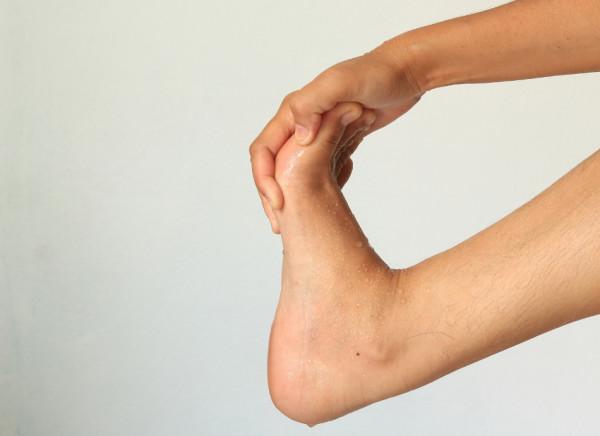You can now add Healthify as a preferred source on Google. Click here to see us when you search Google.
Leg cramps
Cramping in your legs, feet and toes
Key points about leg cramp
- Leg cramps are common and harmless but can be very painful.
- It usually happens at night or when you're resting.
- A cramp is when a muscle contracts then doesn't relax.
- It can last from a few seconds to 15 minutes and may happen several times before going away completely.
- The content on this page comes from HealthInfo(external link).

A cramp is when a muscle contracts then doesn't relax. Leg cramps are common and harmless but can be very painful. They usually happen at night or when you're resting.
Leg cramps can last from a few seconds to 15 minutes and may happen several times before going away completely.
Often there's no clear reason for leg cramp, but possible causes include:
- a tired muscle from exercise or overuse
- not drinking enough fluids (dehydration)
- some medications, such as diuretics
- pregnancy
- alcohol
- an imbalance of body salts (electrolytes) such as sodium, calcium and potassium.
If you have frequent leg cramps, you should see your healthcare provider to check if there is an underlying problem.
They will examine your legs and do blood tests.
You can stop most muscle cramps if you stretch the muscle, either by standing up, massaging or by applying cold packs.
Stretch and massage a cramped leg by straightening it and pointing your toes upward, while gently rubbing the cramped area to help the muscle relax.

Image credit: Canva
For a calf cramp, put your weight on the affected leg and bend your knee slightly. For a thigh cramp, keep both legs straight and lean forward at your waist, using a chair to steady yourself.
- Stretch every day. Stand about 1 metre from a wall and lean into the wall to rest on your palms with your legs straight and feet flat on the floor. This stretches your calf muscles. Hold for 10 to 20 seconds, then rest. Repeat 3 to 4 times before bed.
- Keep your bedding loose around your feet and legs.
- Reduce or avoid caffeine and alcohol.
- Keep drinking enough to avoid dehydration.
- Magnesium supplements may help if you're pregnant.
Quinine used to be recommended for cramp but is not any more as it can have serious side effects.
Credits: Content shared between HealthInfo Canterbury, KidsHealth and Healthify He Puna Waiora as part of a National Health Content Hub Collaborative.
Last reviewed:





